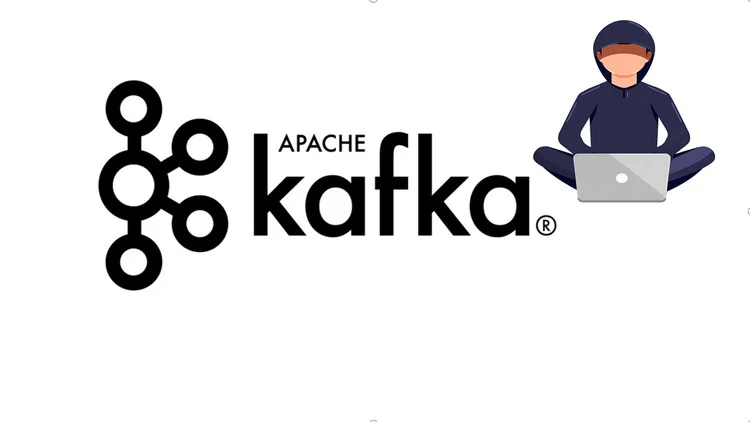Description
This course explores advanced database optimization techniques for both SQL and NoSQL databases. Participants will learn indexing, query optimization, partitioning, sharding, and replication strategies for improving database performance. The training covers MySQL, PostgreSQL, MongoDB, and Cassandra, focusing on high-performance database design. Hands-on projects include optimizing slow queries, scaling databases, and implementing caching mechanisms. By the end of the course, learners will have the expertise to optimize and manage high-performance database systems efficiently.








Ejiro –
This course, “SQL & NoSQL Database Optimization Techniques”, was absolutely fantastic! The instructor explained complex concepts in a clear and concise manner, and the practical examples were invaluable in solidifying my understanding. “This course helped me drastically improve the performance of my databases at work. The real-world scenarios and optimization strategies shared were directly applicable, and I’ve already seen significant improvements in query execution times and overall system efficiency. I feel much more confident in my ability to tackle database performance challenges now.” I would definitely encourage anyone looking to boost their database skills to enroll.
Olusegun –
“I recently completed the SQL & NoSQL Database Optimization Techniques course and I’m extremely impressed with the depth and breadth of knowledge covered. The instructor did an excellent job of explaining complex concepts in a clear and concise manner, using real-world examples that made the learning process engaging and practical. The course materials were well-organized and easy to follow, and I particularly appreciated the hands-on exercises that allowed me to apply what I was learning. I’ve already started implementing some of the optimization techniques in my current projects and have seen noticeable improvements in performance. This course has significantly enhanced my understanding of database optimization and I feel much more confident in my ability to build and maintain efficient database systems. It’s a valuable resource for any database professional looking to level up their skills.”
Nicholas –
This course, “SQL & NoSQL Database Optimization Techniques,” was exactly what I needed to take my database skills to the next level. I was struggling with slow query performance and inefficient database design, but the clear explanations and practical examples in this course helped me understand the underlying principles of optimization. “The instructor’s expertise is evident, and the content is structured in a way that’s easy to follow, even for someone without a deep background in database administration. I’ve already implemented several of the techniques I learned, and I’m seeing significant improvements in the performance of my applications. This course has given me the confidence and knowledge to tackle database optimization challenges effectively.” It has provided me with a valuable toolkit for my work.
Ogochukwu –
“I recently completed the ‘SQL & NoSQL Database Optimization Techniques’ course and I’m genuinely impressed. The instructor’s explanations were crystal clear, breaking down complex concepts into easily digestible pieces. What I found particularly valuable were the practical exercises and real-world scenarios that allowed me to immediately apply what I was learning. I now feel much more confident in my ability to improve database performance and build more efficient applications. This course has equipped me with the skills and knowledge I need to excel in my role and I am glad that I took this course.”